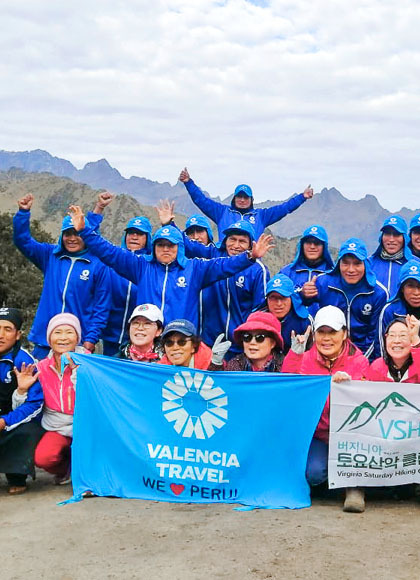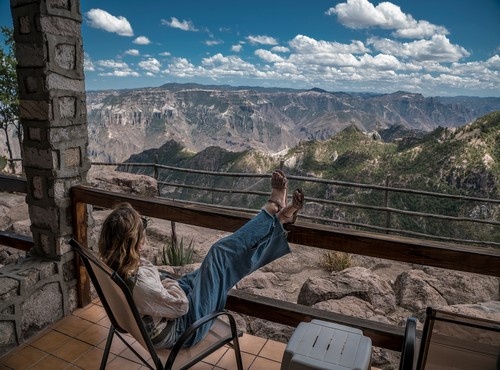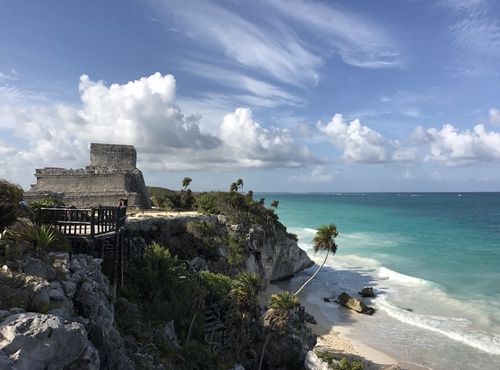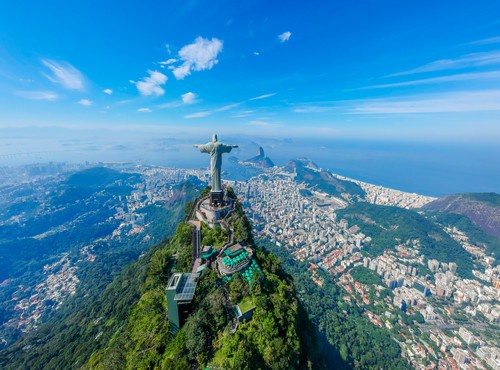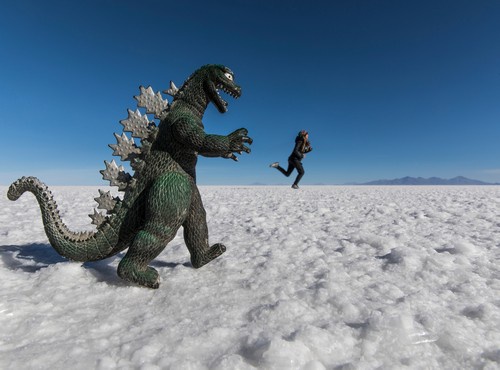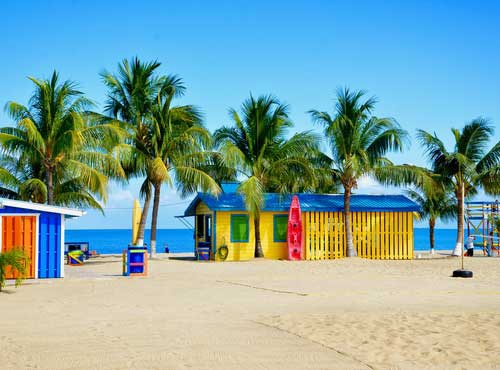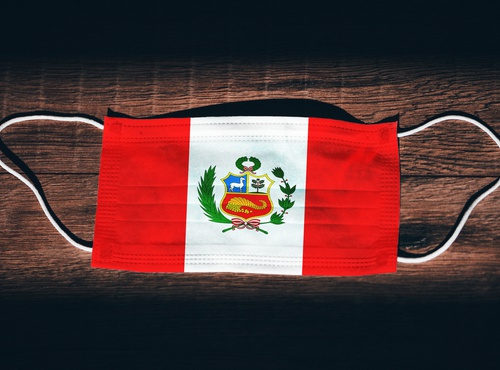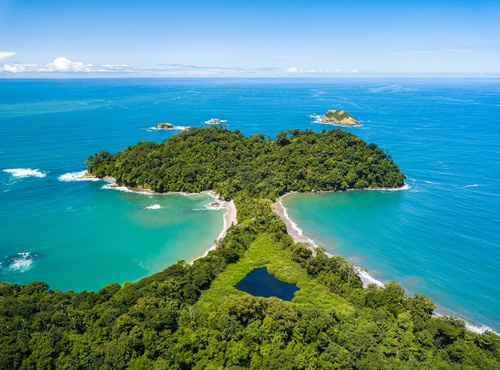
Written by:undefined undefined
Published: 24-02-2023
Guatemala, is famous for its lush rainforests, beaches, impressive Mayan ruins, and unique Indigenous culture, making it a popular travel destination. Guatemala is the Mayan heart of Central America. Home to ancient historical sites and incredible ruins, dense jungles, colorful architecture, lively markets, and towering volcanos, Guatemala is a diverse and beautiful country. However, as a developing country, we are frequently asked whether it is safe to travel to Guatemala. Here we will explain the various safety concerns of the Central American country and provide you with the information you need to make an informed decision about traveling to this stunning destination and about how safe is Guatemala.
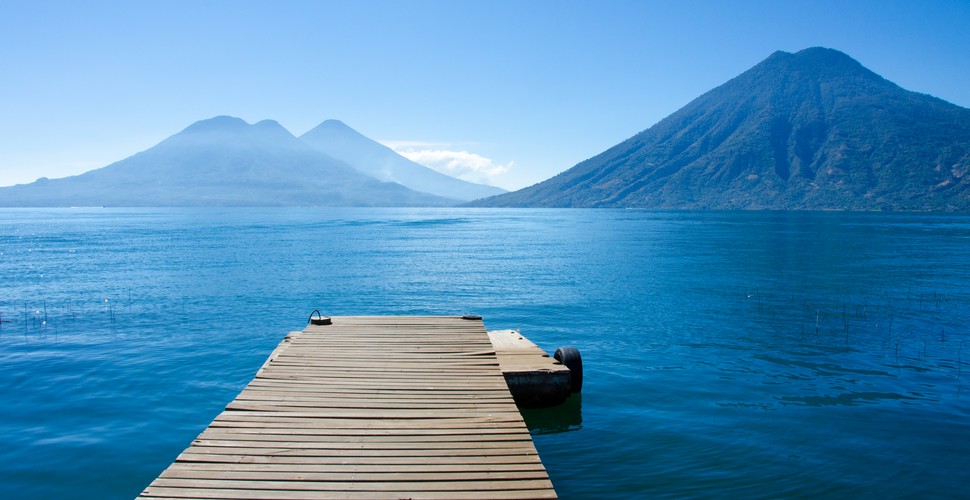
Lake Atitlan
Crime
Unfortunately, crime and violence are a reality in Guatemala. However, much of this crime is concentrated in certain areas, particularly in the larger cities. Petty crime, such as pickpocketing and theft, is common in tourist areas but can be prevented by taking basic precautions such as not carrying valuables and being aware of your surroundings. More serious crime, such as robbery and assault, is much rarer but can still occur. Travelers should take extra care when traveling at night, and avoid walking alone in deserted areas. It’s also a good idea to be aware of your surroundings and to take necessary precautions, such as not carrying large sums of cash on you.
Pickpocketing: Markets, public transport, and public processions all bring crowds, and with crowds come easy targets for skilled pickpockets in the area. One, in particular, is Holy Week in Antigua, when pickpocketing is rife. The famous markets of Chichicastenango are also notorious for theft, with travelers reporting having several pockets razored discreetly until the wallet pocket was discovered.
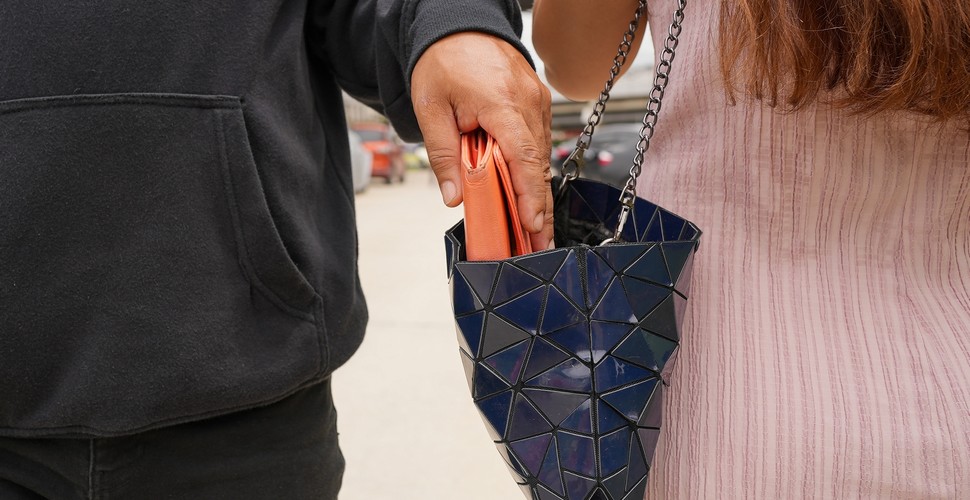
Pickpockets
Credit Card Fraud and ATMs: Bank card scamming and account fishing are commonplace crimes in Guatemala. After using ATMs in Antigua's Central Plaza, travelers have reported seeing fraudulent charges on their accounts. These scams have also occurred in ATMs in Antigua grocery stores. Credit card cloning is frequently reported in Guatemala City. The best way to avoid this is to use cash and carry only as much of the local currency as you think you'll need for the day. Always let your bank know where you will be traveling and report any suspicious activity on your account immediately.
Many travelers will visit Guatemala without any trouble involving theft and robbery, but it's wise to note where armed robbery sometimes does occur. This could involve the threat of weapons, such as guns, knives, and even grenades. Several tourists have reported being robbed at gunpoint while climbing the volcano at Volcan de Agua and also on hiking trails throughout the country, so we recommend hiking with a reputable guide.
Natural Disasters
Guatemala is located in a region prone to natural disasters such as earthquakes and hurricanes. Visitors should familiarize themselves with local evacuation plans and be prepared for emergencies.
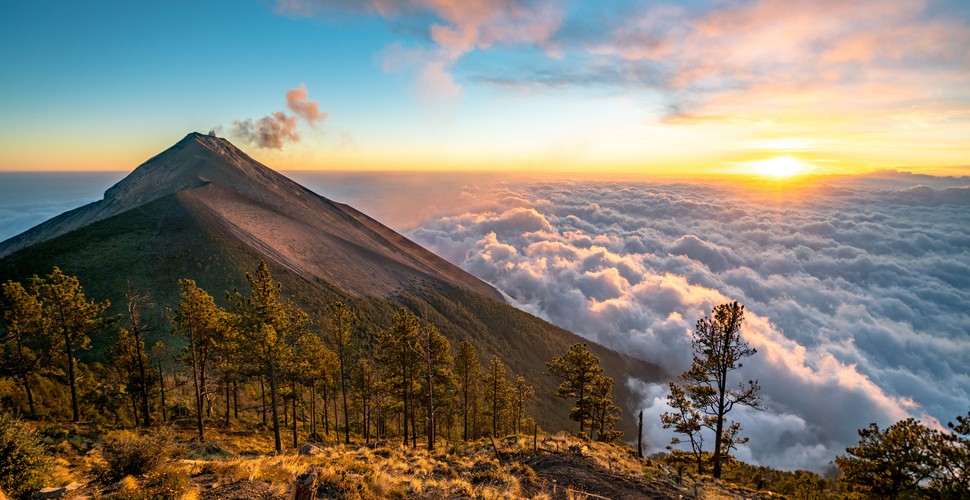
Pacaya Volcano
Health Concerns
Health concerns in Guatemala are similar to those in other developing countries. Visitors should take precautions to avoid food and water-borne illnesses and be up to date on their vaccinations. It’s also a good idea to bring a basic first-aid kit and to purchase comprehensive travel insurance.
Zika virus is widespread. If you're pregnant, discuss your travel plans with your doctor.
Malaria occurs year-round. Consider taking anti-malarial medication if you're traveling to these areas. Other insect-borne diseases include dengue, Chagas disease, river blindness, and leishmaniasis. Ensure your accommodation is insect-proof. Use insect repellent.
HIV/AIDS is a significant risk. Take precautions if you're taking part in high-risk activities.
Foodborne, waterborne, and other infectious diseases include hepatitis, typhoid, and tuberculosis. Drink boiled or bottled water. Avoid raw or undercooked food. it is not advisable to drink tap water in Guatemala, because it is not treated water for human consumption and it can have many harmful bacteria. (especially for tourists).
Medical facilities in Guatemala City are adequate. They're limited elsewhere. If you're seriously ill or injured, you may need medical evacuation. Ensure your travel insurance covers this.
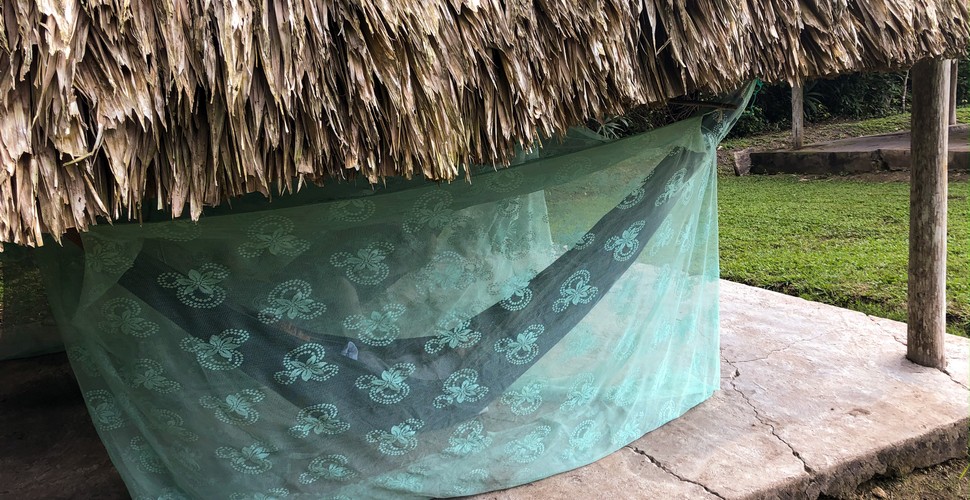
Mosquito Net
Local laws
Respect local laws and regulations at all times. Follow directions from local authorities.
Check with local officials before taking photos. It's illegal to photograph government buildings, military sites, the Presidential Palace, and airports.
Ask permission before taking photos of women and children.
All male Guatemalan citizens aged between 18 and 50 must complete military service. This includes dual nationals. If you're a male dual citizen, contact the Embassy of Guatemala before you travel.
Same-sex relationships are mostly accepted in Guatemala City. In other parts of Guatemala, this may not be the case. Consider avoiding public displays of affection if you're outside the capital.
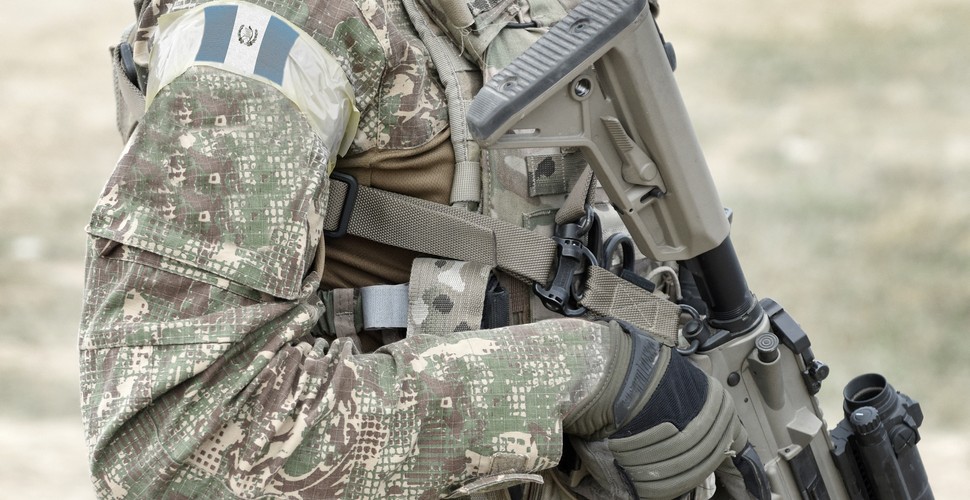
Obligatory Military Service
Political Unrest
Demonstrations and protests - Strikes, protests, demonstrations, and large public gatherings can happen suddenly and can turn violent.
Protect yourself during periods of civil unrest - avoid protests, demonstrations, and public gatherings and monitor the media for reports of potential unrest, and avoid those areas
leave an affected area as soon as it's safe and follow the advice of local authorities.
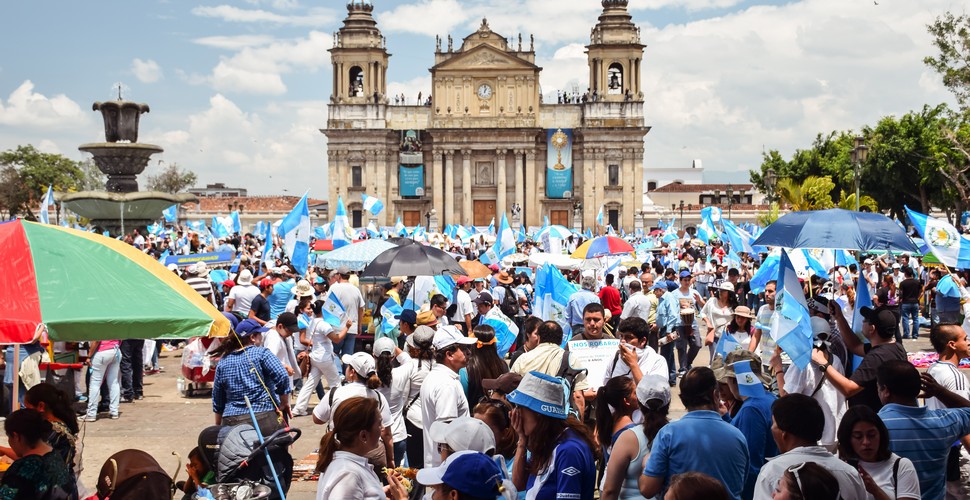
Protest in Guatemala
Just like any developing country, Guatemala has its issues. But don’t let this put you off. Many people travel safely throughout the country without any issues. Pack your travel-savvy with you, stay aware and travel with a reputable agency the amazing sights on offer certainly outweigh the negative aspects of the country. Safe and Happy Travels!






